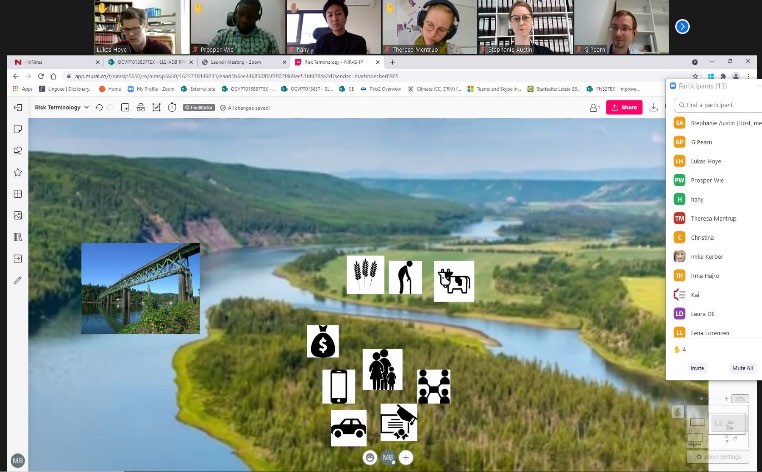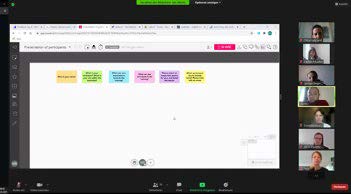
Do engage participants:

One of my favorite ways to engage participants is to ask the question: “If you were not for example a project officer, working for an NGO, what would you be doing instead? What is your other career path?”
Sometimes you find out some funny and very interesting careers or ideas. Maybe the person is passionate about painting, and would love to be a painter. Or they are passionate about the outdoors and they would love to spend the whole day working on a farm.
So, I find this is a nice way to engage the participants and is an example also of an energizer activity for a training.
Energizers – small exercises between technical & content exercises that help to motivate and energize the participants o

Type of exercises: